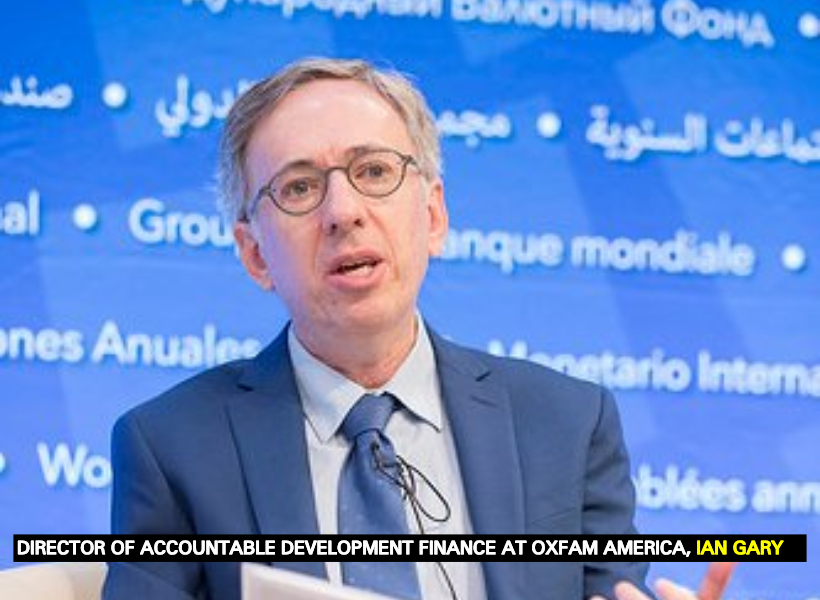The Guyana-ExxonMobil Production Sharing Agreement (PSA) has been criticized at length for its appalling weaknesses. With lessons learned from that experience, Guyana’s leaders have “no excuse if they repeat such a dreadful contract again.”
This is according to Director of Power and Money at Oxfam America, Ian Gary. During an interview with the Guyana Standard, Gary emphasized that there are several organizations which are more than willing to provide overall help in the negotiation or renegotiation of contracts in the extractive sector.
He said that an excellent window into the array of advisors, technical assistance programmes, and other advisory and support tools for negotiations and renegotiations, is the Negotiations Portal for Host Country Governments. The Portal, operated by the Columbia Center on Sustainable Investment (CCSI), is part of the G7 2014 CONNEX Initiative to “provide developing country partners with extended and concrete expertise for negotiating complex commercial contracts.”
In addition to this option, Gary said that can Guyana willingly get assistance from the International Senior Lawyers Project, the Commonwealth Secretariat – Oceans and Natural Resources Advisory Division; International Institute for Environment and Development; International Institute for Sustainable Development; International Monetary Fund – Fiscal Affairs Department, Tax Policy; World Bank – Extractive Industries Technical Advisory Facility; and the Norwegian Agency for Development Cooperation – Oil for Development Programme.
Gary said, “There are many more firms. But these that I mentioned to you have helped negotiate and renegotiate a total of 289 contracts, all of which are stronger than Guyana’s. Some of the countries they have helped include Afghanistan, Bangladesh, Brazil, Cambodia, Colombia, Ethiopia, Jordan, Kenya, Liberia, Mongolia, Mozambique, Nicaragua, Peru, Senegal, Sierra Leone, Timor Leste, and Trinidad and Tobago.”
The Oxfam Director said that all of these contracts are publically available for scrutiny via the Openoil website. (See link for further details: http://openoil.net/)













